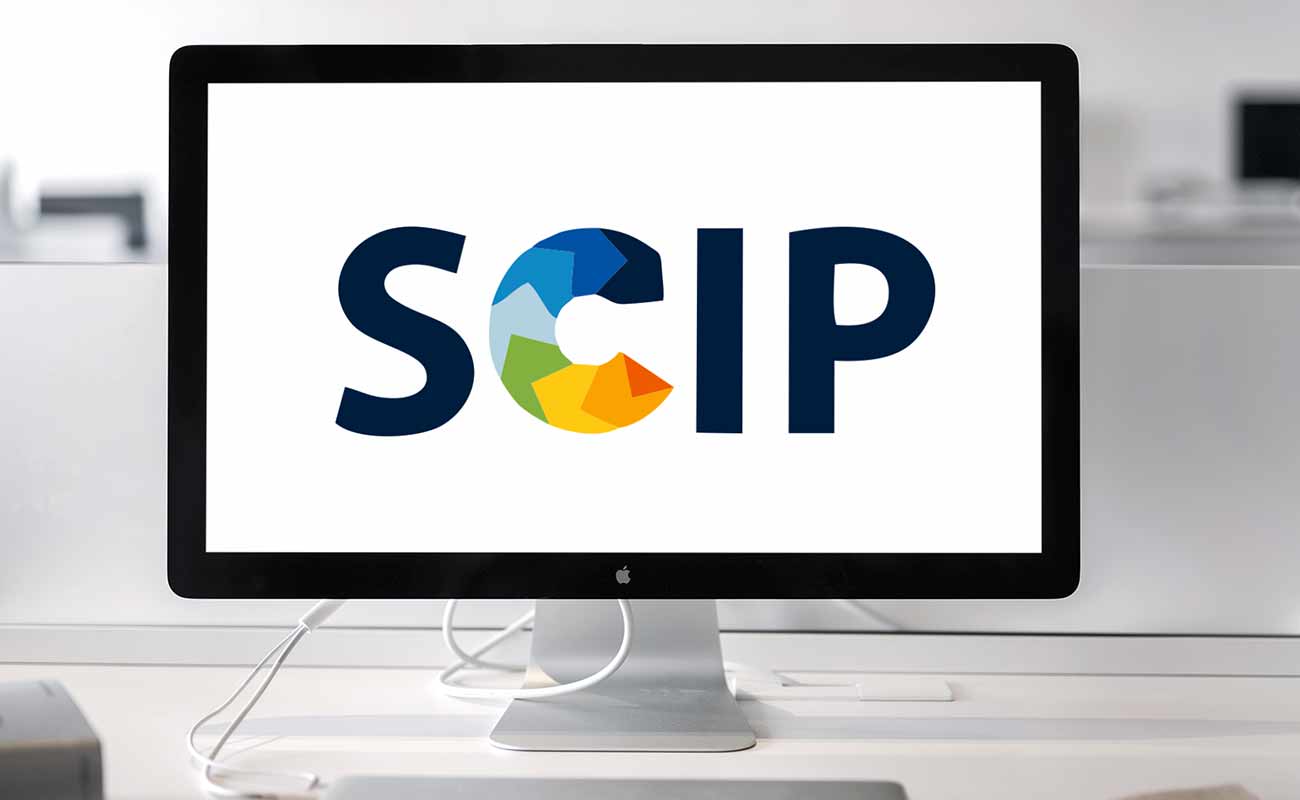
29 Apr SCIP: the new database of the European Chemicals Agency
As a reliable and eco-friendly partner, always ready to embrace new challenges, Moval is once again proving to be particularly watchful. In relation to this topic, we are responsive to continuous changes, especially those affecting the legislative area, related to production processes and effective customer communication.
In this article, we present the SCIP database that the European Chemicals Agency (ECHA) continues to implement in order to communicate data on SVHC substances, i.e. those that are considered to be of very high concern for human health (Substances of Very High Concern).
As is known, the obligation to enter the information in the SCIP database, which is already fully operational and available to users, came into force on 5 January 2021. Let’s see, more in detail, everything you need to know, how to send the notification, who are the obligated subjects and what Moval is doing to protect the end customer and the environment as much as possible.
Notification of substances in the SCIP database: what is it about?
The SCIP database was established by Directive 2018/851/EU. The new set-up developed by the ECHA obliges the involved companies to submit data on SVHC substances, which have been appropriately categorised within a list and considered to be of very high concern.
Specifically, operators handling articles containing SVHC substances will need to make regular notifications to the SCIP database. Those involved are manufacturers, assemblers, importers, distributors and, more generally, all other operators in the supply chain located within the EU market. Retailers and other actors in the supply chain supplying items directly and exclusively to consumers are exempted from the obligation to submit information to the SCIP database.
Starting from 5 January 2021, all entities subject to the notification obligation will not only need to report complex articles containing substances of very high concern, but also to identify articles containing more than 0.1 % by weight of such substances. This is therefore an important innovation for all consumers.
Regular notification is therefore made by accurately describing the article. The operator will also be required to specify which components contain SVHC substances with a concentration above 0.1% and the name of the substance. The notification will also contain specifications on the safe use and disposal of the article.
What are the practical benefits of the SCIP database?
The SCIP database was introduced by the legislator with the primary aim of significantly reducing the generation of waste, especially waste containing substances hazardous to humans and the environment. In this way it will be possible to increase safety during the waste treatment stages, as well as to obtain accurate traceability throughout the whole life cycle of the materials produced.
Each company is therefore now required to check whether or not it must comply with the notification obligation and, if so, to determine its position in the supply chain. It will then need to accurately analyse the characteristics of the single products and identify those that contain SVHC substances and have a concentration above 0.1% w/w. All of these steps are essential in order to carry out notifications in full compliance with regulatory requirements.
How does Moval support customers?
Apart from the regulatory obligation to register all products with substances of very high concern, we at Moval have chosen to increase our daily commitment. In fact, we always provide each customer with a SCIP number in order to ensure wide-ranging transparency. The transmission of the number takes place when we proceed with the delivery of the article and makes it easier for the customer to create a dossier of his articles, which he must then register in the SCIP database. Here, therefore, how our way of operating simplifies the operations of all parties involved in the business transaction.
Final objectives: eco-sustainability and eco-compatibility
Many operators are finally wondering what are the main objectives that have been set by ECHA through the creation of the SCIP database. First of all, it is necessary to point out the European Economic Community’s purpose to encourage the replacement of SVHC substances with safer and more sustainable ones.
This will contribute to a better circular economy, as operators will be able to obtain the necessary product information and know in detail which SVHC substances are present in articles that are then recycled.
The SCIP database therefore aims at greater transparency. Operators will be able to work in an informed manner, while end consumers will be able to make more informed purchasing choices.
All this fits in perfectly with Moval’s mission. After all, since we were founded, we have been committed to improvement and innovation on a daily basis, which is why we adopt business processes that respect the environment.
Source: https://echa.europa.eu/en/scip




